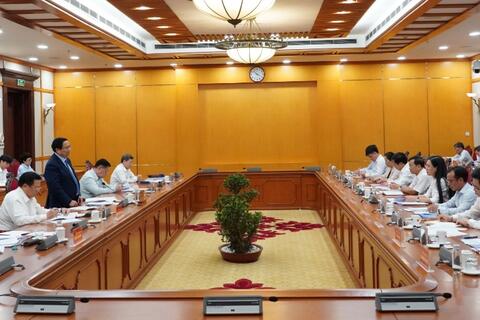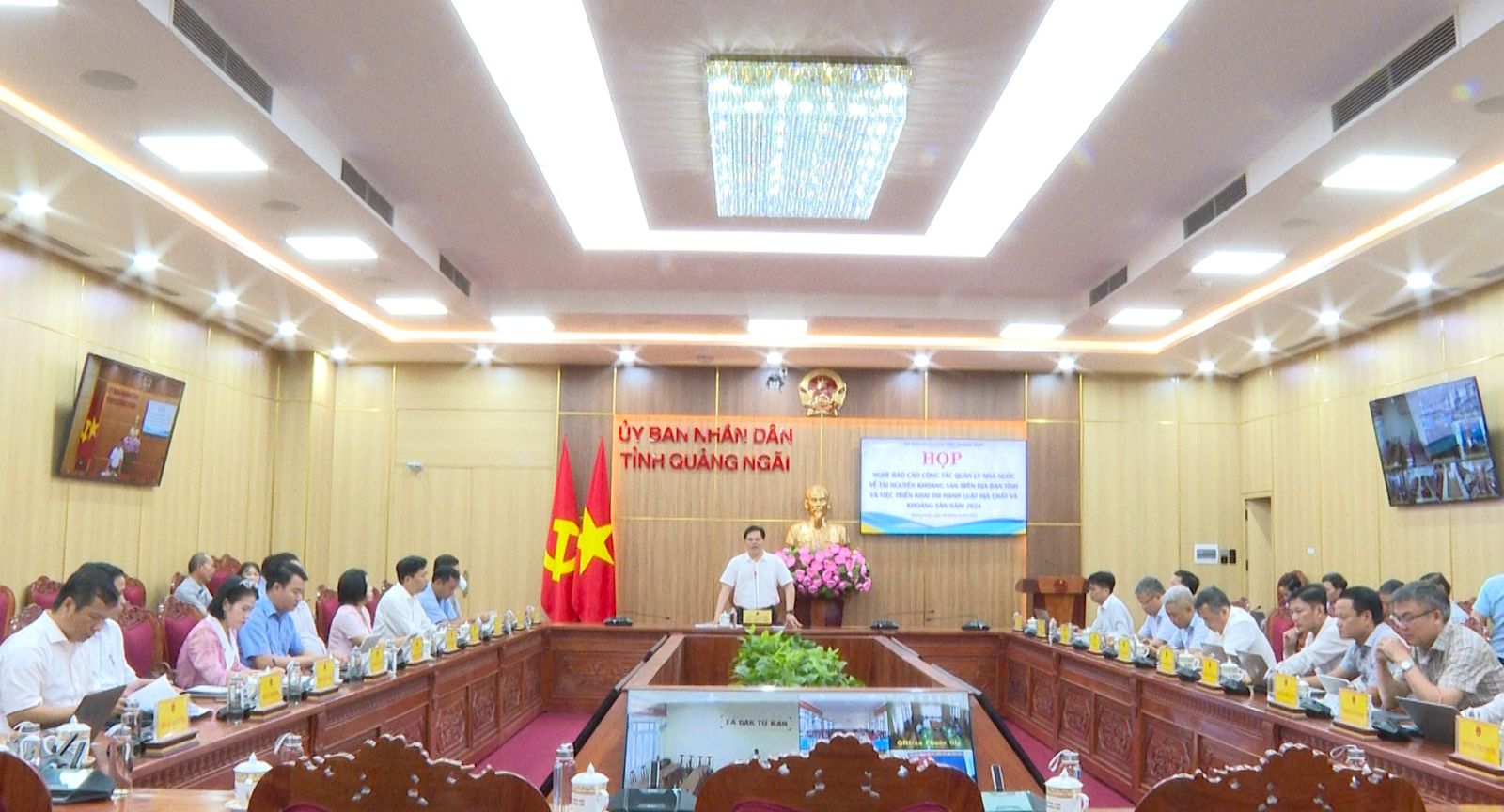Quảng Ngãi - Vice Chairman of the Provincial People's Committee, Trần Phước Hiền, on August 6, chaired a meeting with relevant departments and local authorities to direct the urgent and effective implementation of African Swine Fever (ASF) prevention and control measures.
According to the Department of Agriculture and Environment, ASF has affected the province since July 1, 2025.
As of August 5, the disease has been reported in 7,758 households across 453 villages and neighborhoods in 52 communes and wards.
A total of 49,028 pigs have been culled from an estimated pig population of 650,000, amounting to approximately 2.6 million kilograms in destroyed livestock.
Currently, three areas (Sơn Tây Hạ, Kon Plông, and Nguyễn Nghiêm) have gone over 21 days without new outbreaks, while seven others have reported no new cases for more than 10 days.
The Department has supplied 5,000 doses of ASF vaccine (AVAC) and over 4,800 liters of disinfectant. To date, 1,740 vaccine doses have been administered.
Authorities highlight low vaccination rates and poor compliance with disease control protocols among small-scale farmers as key reasons for the disease's spread.
Despite efforts leading to gradual containment, complex weather conditions—high humidity in the west and heatwaves in the east—pose risks of resurgence and spread of ASF and other livestock diseases.
Vice Chairman Hiền stressed that the outbreak must be brought under control and eradicated within August to minimize losses.
He instructed all levels of government to take synchronized and determined action in line with central and provincial directives.
Local authorities are urged to mobilize the political system to support disease control efforts, use allocated emergency budgets, and report additional funding needs promptly—especially to support affected farmers.
He emphasized that farmers play a critical role and must strictly follow vaccination and biosecurity measures.
Illegal dumping of infected carcasses will face strict penalties, and violators may be denied financial support.
The provincial police will coordinate with local authorities to monitor and penalize such violations.
The Department of Agriculture and Environment will continue deploying inspection teams, while the Department of Finance will propose timely funding to ensure effective disease prevention and control.
M.H








